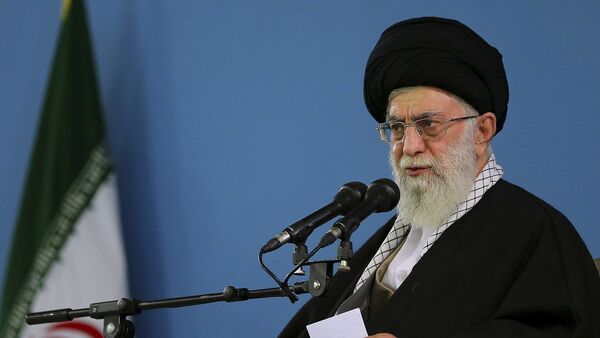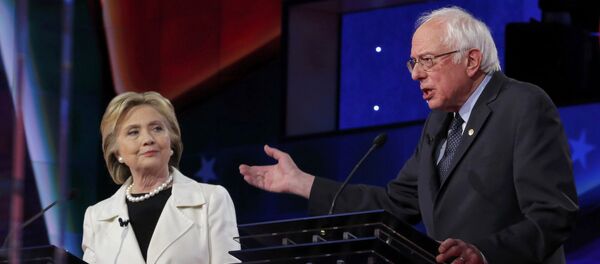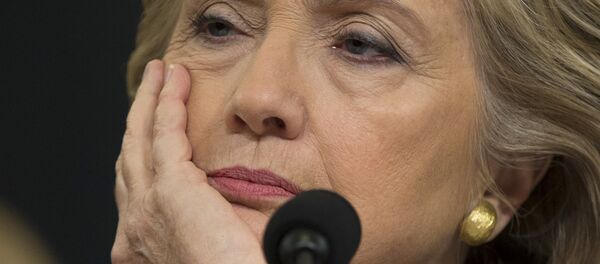On Tuesday, Iran issued prison sentences to four journalists on security-related charges, according to the privately-owned Tasnim news agency. The verdict suggests that the country’s hardliners maintain control over the judiciary, despite reform advances in the February elections.
The four journalists were found guilty of charges including "spreading propaganda against the Islamic Republic," and "acting against national security and contacting foreign governments." The imprisoned journalists appeared to favor the political opposition with reporting that was often critical of the country’s theocracy.
The attorney for three of the convicted journalists, Mohammed Alizadeh-Tabatabai, stated that "Davoud Assadi was sentenced to 10 years, Afari Chhitsaz and Ehsan Safarzayi were each sentenced to five years, and Ehsan Mazandarani was sentenced to seven years in prison."
Mazandarani served as the editor-in-chief of the reformist newspaper Farhikhtegan at the time of his arrest in 2013. Chitaz and Safarzaie were arrested in a November 2015 dragnet by Iran’s Revolutionary Guards loyal to the Ayatollah. Assadi was also arrested in November 2015, although circumstances surrounding his apprehension are unknown.
The charges come as moderate President Hassan Rouhani grows in popularity after taking steps toward cooperation with the United States by curbing Iran’s nuclear program. The decision led to moderates securing substantial gains over Islamist parties during the country’s general election in February. Western analysts speculate that the results indicate that Islamic hardliners may be losing control over the country.
Notwithstanding the election results, the country’s leader Ayatollah Khamenei maintains in control of the judiciary, with some interpreting the decision to crackdown on dissenting opinions an ominous warning to Iran’s growing moderate majority. In recent weeks the country has begun arresting dozens of journalists, dual-citizens and activists, warning of an imminent "Western infiltration."
Western human rights organizations have widely condemned the new verdicts. The Committee to Protect Journalists called on Iran to immediately release all detained journalists including those convicted today.
The United Nations followed suit, releasing a statement criticizing Tehran for "curtailing the rights to freedom of expression, association and assembly, arresting and imprisoning journalists, human rights defenders, trade unionists and others who voiced dissent, on vague and overly broad charges."
Iranian officials counter that the arrests are necessary to prevent the growing threat of Western intervention, accusing the West of human rights violations throughout the region.




